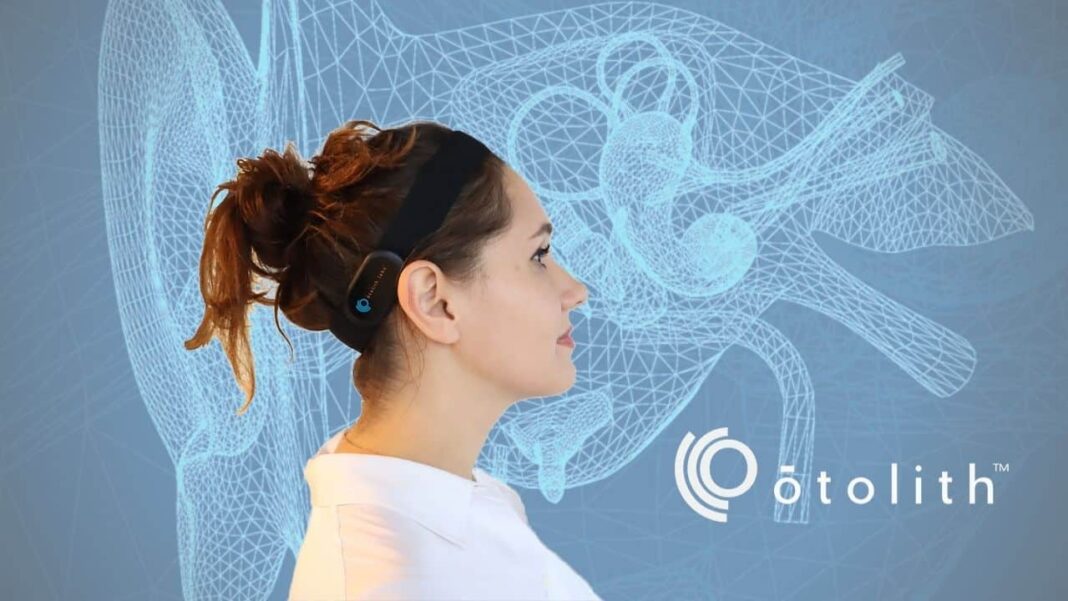One of the greatest things about a human life is its openness to becoming better under all circumstances. This dynamic, in particular, has allowed us to hit upon some huge milestones, with technology appearing as a unique member of the stated group. The cause of technology’s anomalous credentials is known to stem from its extremely valuable skill-set, which introduced to a reality that we could have never imagined otherwise. Nevertheless, the whole runner, if we are being honest, was also very much inspired by how we applied those skills in a real world setting. It was, in fact, the latter component that went on to give the creation a spectrum-wide presence, including a well-timed appearance on our healthcare block. Technology’s linkup with healthcare was so perfect in regards to the timing, as it came right when the sector was beginning to struggle against its own obsolete structure. This reality was, of course, massively overhauled under the new regime, but even after clocking such a monumental feat, the famous medtech concept will just continue producing all the right goods. The same has only turned more evident on the back of our recent progression, and a new funding should propel it towards a bigger horizon.
Otolith Labs, a medical technology company developing noninvasive wearable medical devices for the treatment of vestibular disorders, has successfully raised over $20 million in Series A financing. The round, which was led by Morningside Ventures, will be reportedly fund the company’s ongoing clinical programs, and an anticipated FDA approval. More interestingly, though, Otolith will also dedicate some funds towards the commercial launch of its prescription wearable device, which is constructed around the company’s noninvasive Vestibular System Masking (nVSM) technology. Talk about Otolith’s nVSM technology, it is designed to provide immediate symptom relief in patients suffering from chronic vertigo, and it does so by applying localized mechanical stimulation to the vestibular system through calibrated vibrations. So far, the company has tested its technology on over a hundred subjects. Going by the available details, Otolith observed that the patients in active group, meaning the ones who actually received the nVSM treatment, were three times more likely to report improved symptoms than those who were in the placebo group. This reassuring performance, partnered with a lack of treatment for chronic vertigo, will even allow the company’s approach to bag the FDA Breakthrough Device Designation in 2021.
“The closing of our Series A financing led by the expert team of investors at Morningside and the continued support of our existing investors underscores the growing momentum for the first wearable solution for a debilitating problem that adversely affects millions of Americans,” said Sam Owen, CEO and Founder of Otolith Labs. “The responders in our pilot studies reported instantaneous relief from their vertigo symptoms. The data from those studies support our plan to release our nVSM technology as an effective and well tolerated therapy for chronic vertigo.”
Previously backed by the likes of Mark Cuban, Otolith Labs is now gearing for a pivotal study on its nVSM technology, a study that will give us a much deeper insight into whether the approach is sustainable across different medical cases or not.



















